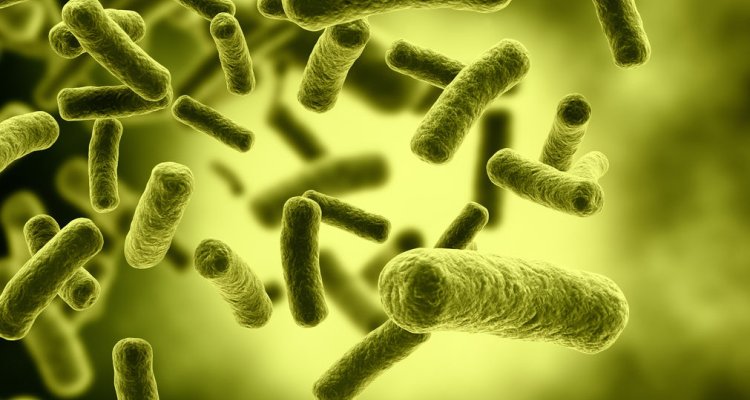
Additives for use in animal nutrition
Wageningen Food Safety Research (WFSR) is National Reference Laboratory (NRL) for additives for use in animal nutrition. Through this, WFSR supports the control of animal feed for the presence of additives, both for authorised and prohibited substances. This task is carried out in compliance with Regulation (EU) 2017/625.
Feed additives are substances, microorganisms, or preparations intentionally added to feed or water, for example, to improve the properties of the feed.
Feed additives are divided into five categories:
- technological additives, such as preservatives and emulsifiers
- sensory additives, such as flavourings and fragrances
- nutritional additives, such as vitamins
- zootechnical additives, such as digestive enzymes
- coccidiostats and histomonostats, for prevention of coccidiosis and histomoniasis
Authorisation of feed additives
It is mandatory to obtain a European authorisation before using feed additives. To apply for this authorisation, a dossier must be submitted for each application. The registration guidelines are specified in Regulation (EC) No 1831/2003.
WFSR supports the EURL (European Reference Laboratory) in assessing analytical methods by serving as a rapporteur for dossiers and commenting on assessments prepared by other NRLs. The EURL is the Joint Research Centre, Institute for Reference Materials and Measurements (JRC-IRMM), part of the European Commission.
Assessing exemption applications
In addition, WFSR reviews applications for exemptions to (temporarily) use of unauthorised additives in experiments for scientific purposes. During this process, WFSR evaluates the potential interference and traceability of the additive in the feed, as well as the possible risk of cross-contamination (carry-over) with other feeds.
Additionally, WFSR advises the Dutch Food and Consumer Product Safety Authority and the Ministry of Agriculture, Nature and Food Quality on analytical and quality aspects of feed additives. This advice is focused on ensuring the safety, efficacy, and controllability of these additives. The insights gained help to shape the Dutch stance on the European authorisation of feed additives.